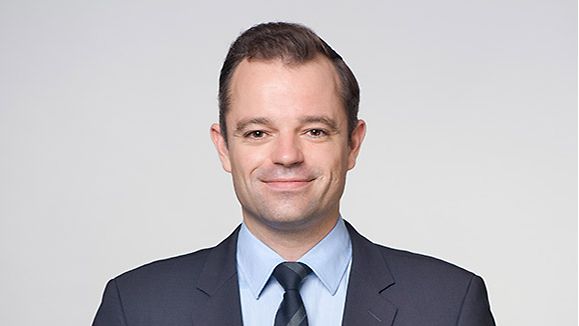Digitalization is ushering in an age of high-speed networks, open architectures and intelligent infrastructures. German federal minister for Transport and Digital services Alexander Dobrindt has announced a EUR 100 billion (US$106 billion) investment into a gigabit broadband network in Germany by 2025. The rollout would be funded by a government and private consortium known as Netzallianz Digitales Deutschland, which includes most major telecommunication firms in Germany.
Since its founding in 2014, 75.5 percent of all households gained access to internet speeds of at least 50 Megabits per second, an increase of 26% since the alliance was established. The Ministry for Transport and Digital services already invests around €4 billion a year to bring broadband to underserved regions. From 2018 onwards, the department will invest a further €3 billion a year, states Alexander Dobrindt. “In the future, we need more bandwidth, reliable real-time transmission, and intelligent networks that process data independently, prioritize it and transport it to the user as quickly as possible.
The network will use the most advanced technologies, such as fibre and the future 5G mobile communications standard”, he said. Furthermore, Germany's education department announced in October 2016 that it plans to invest €5 billion over the next five years to provide faster internet connections, WiFi and tablet computers to schools and colleges.
Source:

